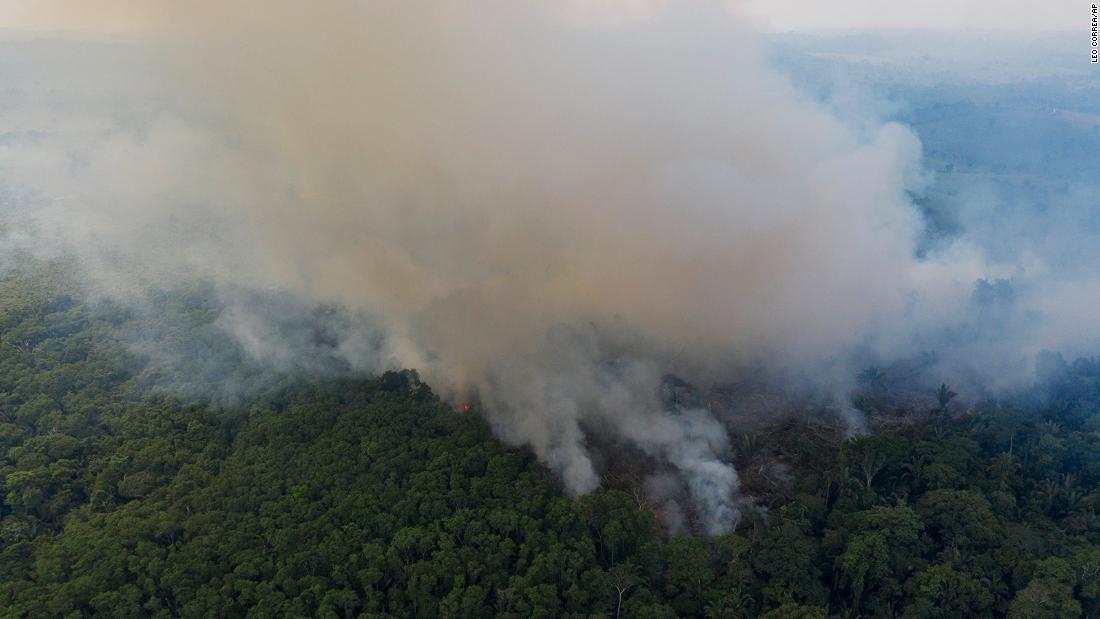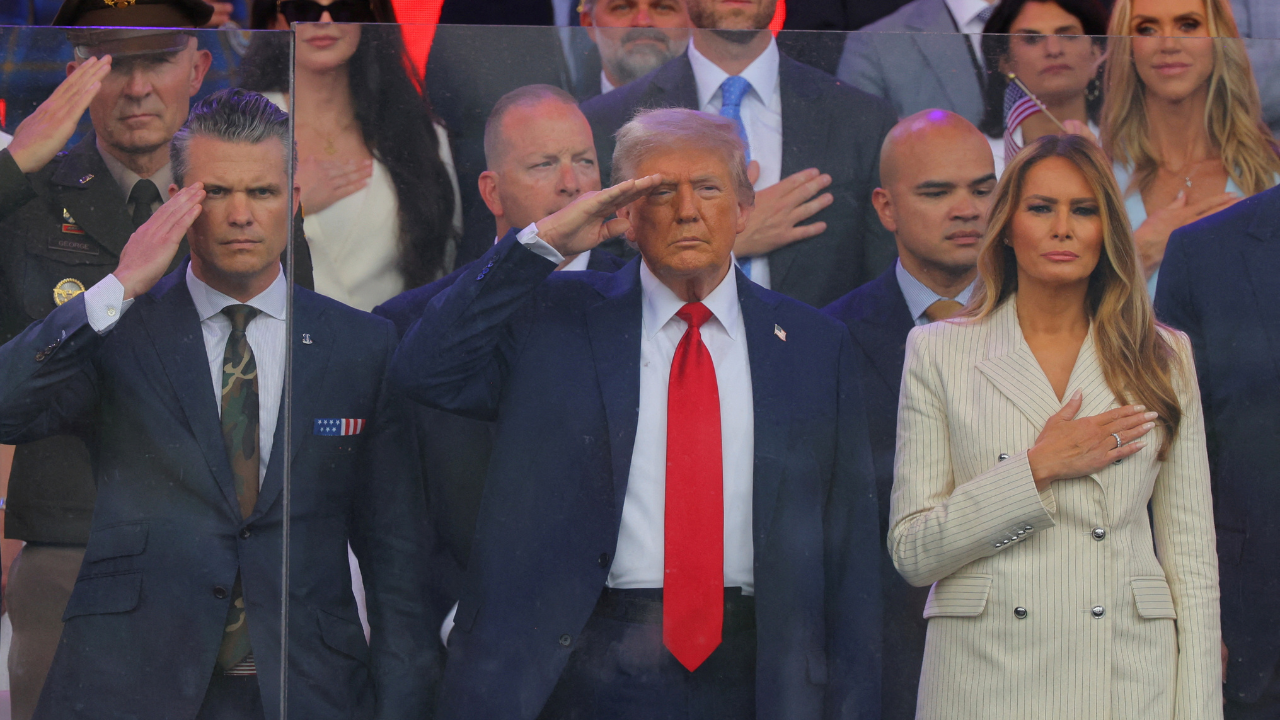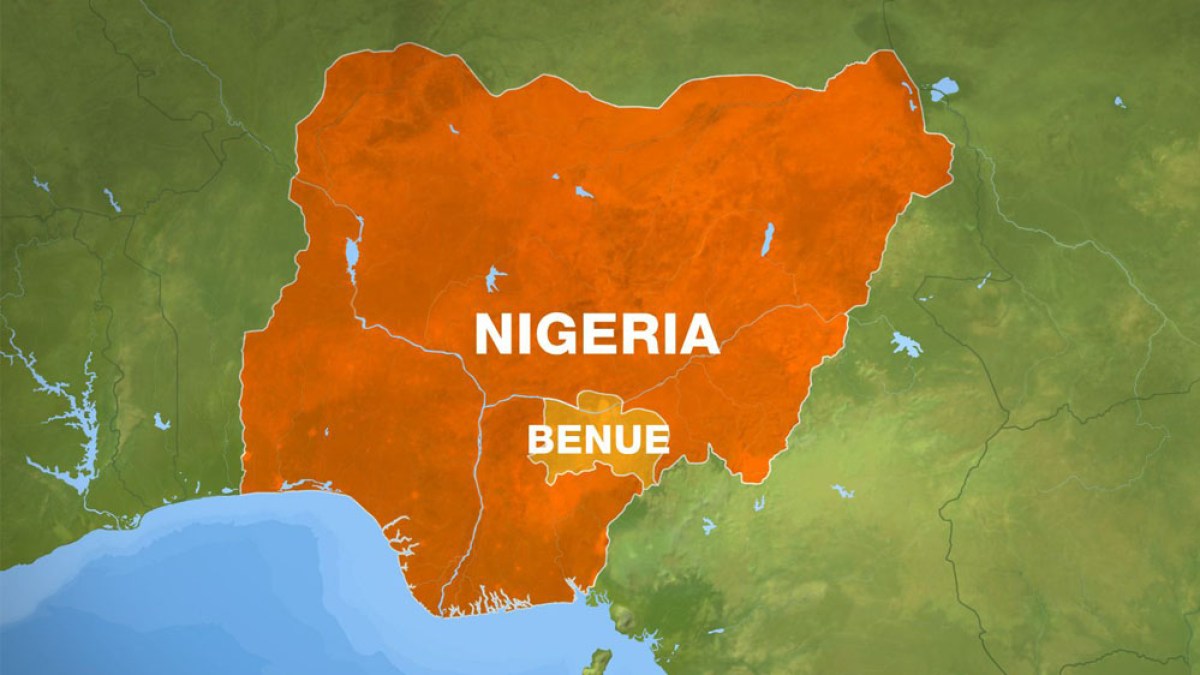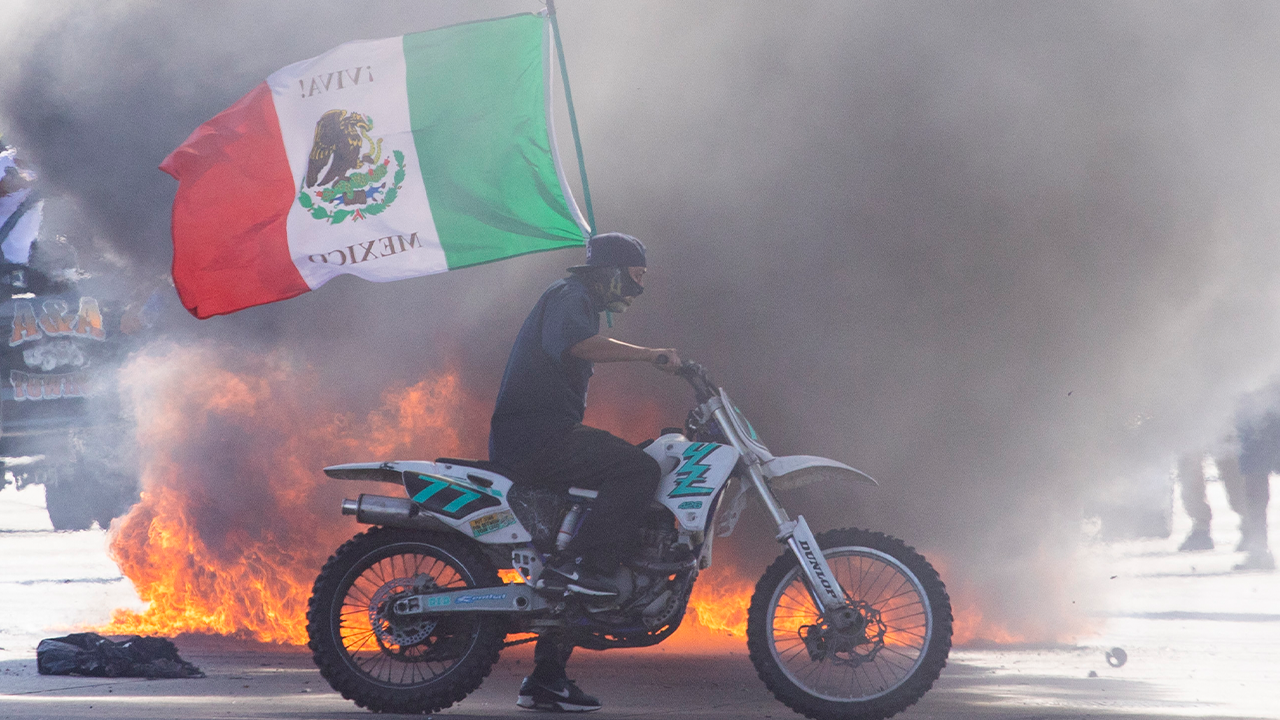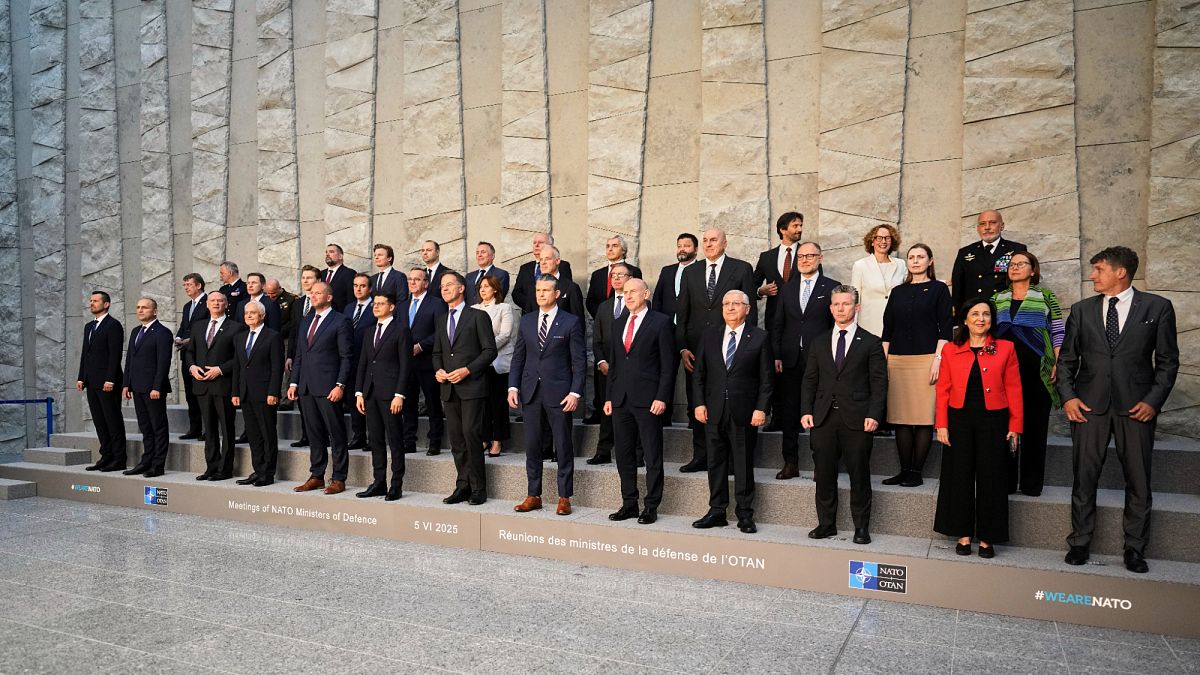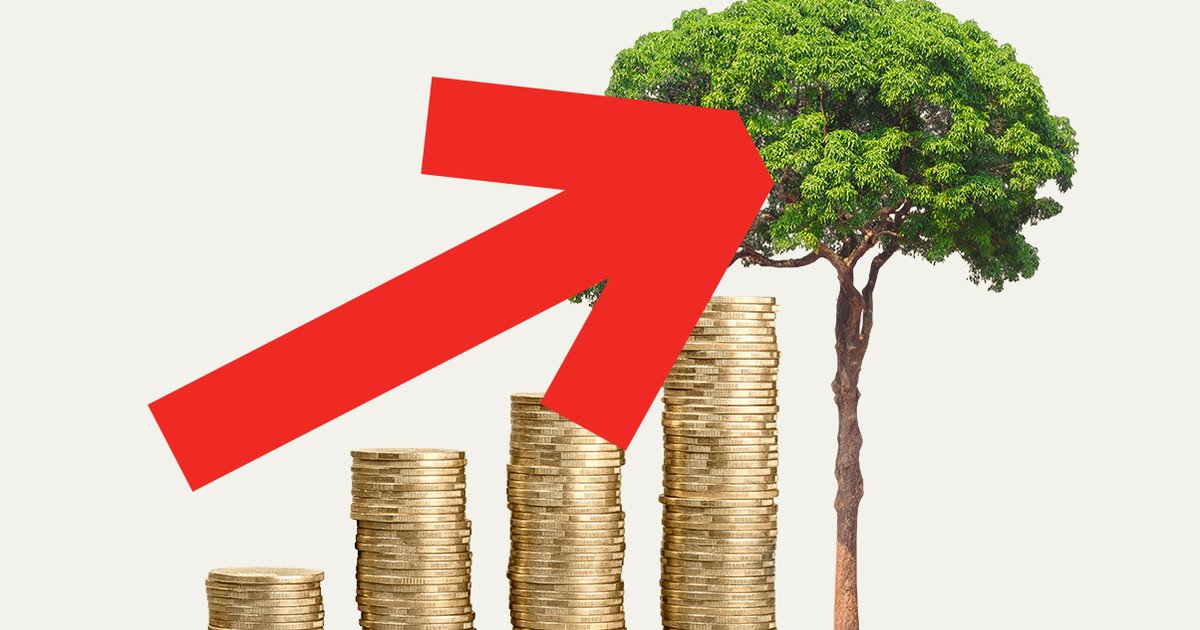Minnesota state representative Melissa Hortman and her husband were shot dead in what state governor Tim Walz described as a “politically motivated assassination”.
Hortman, a Democrat, and her husband were shot at their home in Brooklyn Park, a city north of Minneapolis, on Saturday morning by a man dressed as a police officer, authorities said. Police are still searching for the suspect, named by the FBI as 57-year-old Vance Boelter, who escaped following a shootout with officers.
“My good friend and colleague Melissa and her husband Mark were shot and killed this morning in what appears to be a politically motivated assassination,” said Tim Walz, the state’s governor. He described Hortman as “a formidable public servant, a fixture and a giant in Minnesota”.
Democratic state senator John Hoffman and his wife were also shot in an incident at their home earlier on Saturday morning in the northern Minneapolis suburb of Champlin, a short distance from Brooklyn Park. Waltz said they were recovering in hospital.
“We are cautiously optimistic they will survive this assassination attempt,” Walz said, describing it as “an act of political violence”.
Police officers called on Minnesotans not to attend “No Kings” protests that were planned for Saturday as the suspect was still on the loose. Organisers say the protests are a response to a shift towards authoritarianism and the militarisation of democracy under US President Donald Trump.
The protests took place in cities and towns nationwide ahead of a military parade in Washington on Saturday to commemorate the 250th anniversary of the US Army, which coincides with Trump’s 79th birthday.
Bob Jacobson, commissioner of public safety for Minnesota, said the gunman had been dressed as a police officer, adding: “The suspect exploited the trust of our uniforms.”
Jacobson said increased security was in place for public officials and others that may be at risk. Law enforcement officials confirmed the gunman was not a police officer, but was driving a vehicle that appeared to be a squad car.
Trump said he had been briefed “on the terrible shooting that took place in Minnesota, which appears to be a targeted attack against State Lawmakers”.
“Our attorney-general, Pam Bondi, and the FBI, are investigating the situation, and they will be prosecuting anyone involved to the fullest extent of the law,” he said in remarks published on social media platform X by White House press secretary Karoline Leavitt.
“Such horrific violence will not be tolerated in the US of America. God Bless the great people of Minnesota, a truly great place!”
Chuck Schumer, the Senate Democratic leader, described the shootings as “acts of political extremism and an assault on our democracy itself”.
“This is where hate and violent rhetoric lead,” Schumer said in a post on X.
“We must stand united against political violence in all forms — and bring those responsible to swift and full justice. My heart aches for the victims and their families.”

